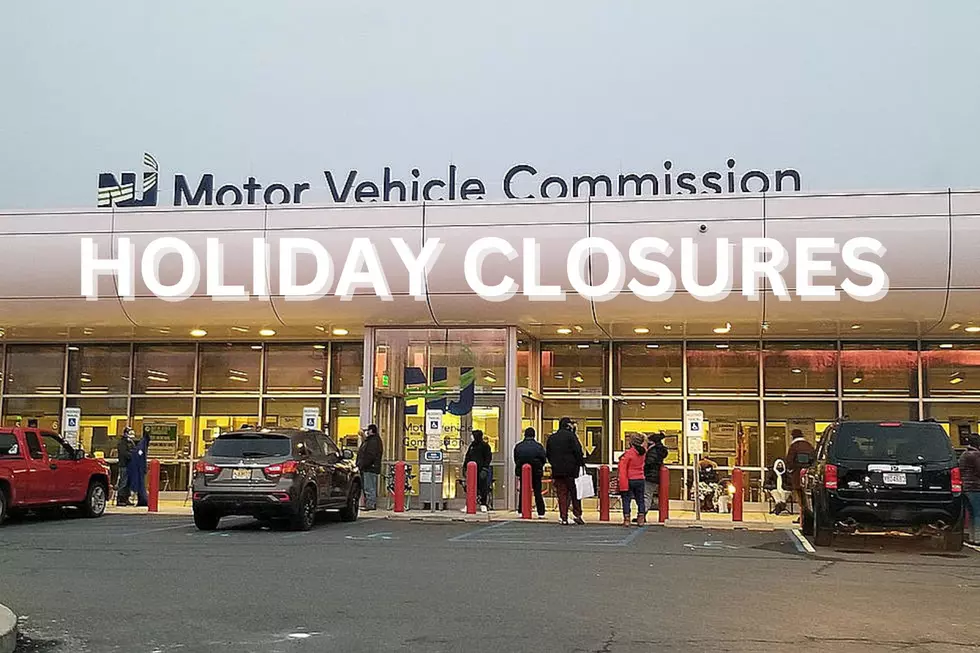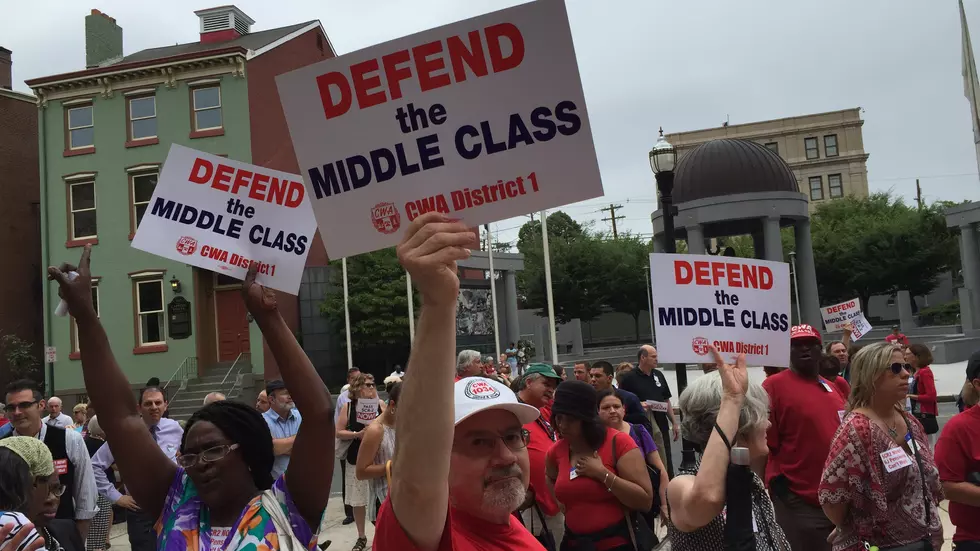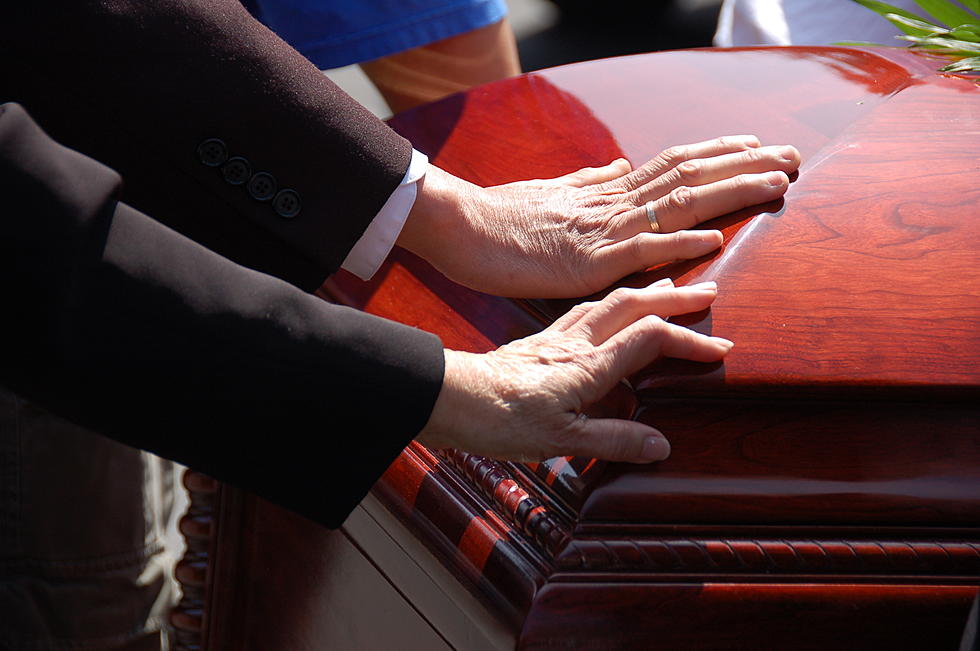
MVC considering putting kiosks in municipal buildings
TRENTON – To deal with the digital divide as Motor Vehicle Commission transactions increasingly move online, the MVC is considering putting kiosks in offsite locations such as municipal buildings.

MVC chair and chief administrator Sue Fulton told the Senate Budget and Appropriations Committee at a Thursday hearing that the idea is under consideration but didn’t give a timetable for their introduction.
“One of the things we’d like to do that COVID-19 presents an obstacle to is: Can you build kiosks so that people who don’t have a smartphone and don’t have a computer, don’t have a family member that can give them that access – especially while public libraries are closed, right? They just can’t go online,” Fulton said.
“We’d like to have kiosks in locations, but they have to be in locations where they can be secured because it’s personal information. They also have to be in locations where we’re not going to run into social distancing issues or other issues like that,” she said.
“Maybe in areas like that, you should think about putting a kiosk in a municipal building,” said Sen. Patrick Diegnan, D-Middlesex, who chairs the Senate transportation committee. “Something like that.”
“Exactly. That’s one of the things we’re talking about,” Fulton said. “Because our buildings close at 4:30, and they’re small, and we’ve already got capacity in those buildings. So, where are the spaces where a government agency can host that, and it will have the kind of protections it needs.”
Sen. Sam Thompson, R-Middlesex, said the number of employees in agencies could probably be reduced, given that just 24% of MVC transactions are now done in-person, down from 53% last year. The MVC has nearly 2,600 employees.
“If you were staffed to handle twice as many as you’re going to have, the two don’t balance out too well,” Thompson said.
Fulton said a full complement of workers will be needed in the near term to handle the new standard licenses for unauthorized immigrants, which begin being issued this weekend, as well as regular driver’s licenses that are compliant with federal REAL ID standards.
“While REAL ID has been delayed, it’s still scheduled for May of 2023,” Fulton said. “And REAL ID requires in-person transactions. We’ve only issued a fraction – less than 100,000 of the 6.5 million drivers in New Jersey have gotten REAL ID, so that is going to have an impact as we get closer to that date on our need for in-person transactions that doesn’t affect us right now.”
“We’ve got about two years of runway to assess our real need long-term for in-person transactions,” Fulton said. “I can’t believe that we won’t be able at some point to reduce the in-person presence, and that would be employees. But it’s probably a couple of years away.”

Sen. Teresa Ruiz, D-Essex, said the MVC needs to focus on providing in-person services in agencies with predictable hours. She said the same applies to the One-Stop Career Centers in the Department of Labor and Workforce Development, which has closed its doors since March 2020.
“Government needs to be available in an in-person status regardless as to how good or how much money it saves us,” Ruiz said.
Fulton said she agrees that “full service means you service the customer where they are.” She said the MVC doesn’t have the capacity now but will after vaccinations – the first round of which is expected to be completed next week – and post-pandemic.
“We don’t have any plans to say, ‘OK, now we’re all online. We’re closing agencies,’” Fulton said. “We have no plans to close a single agency.”
When Ocean and Monmouth County Police saved the day
More From Beach Radio










